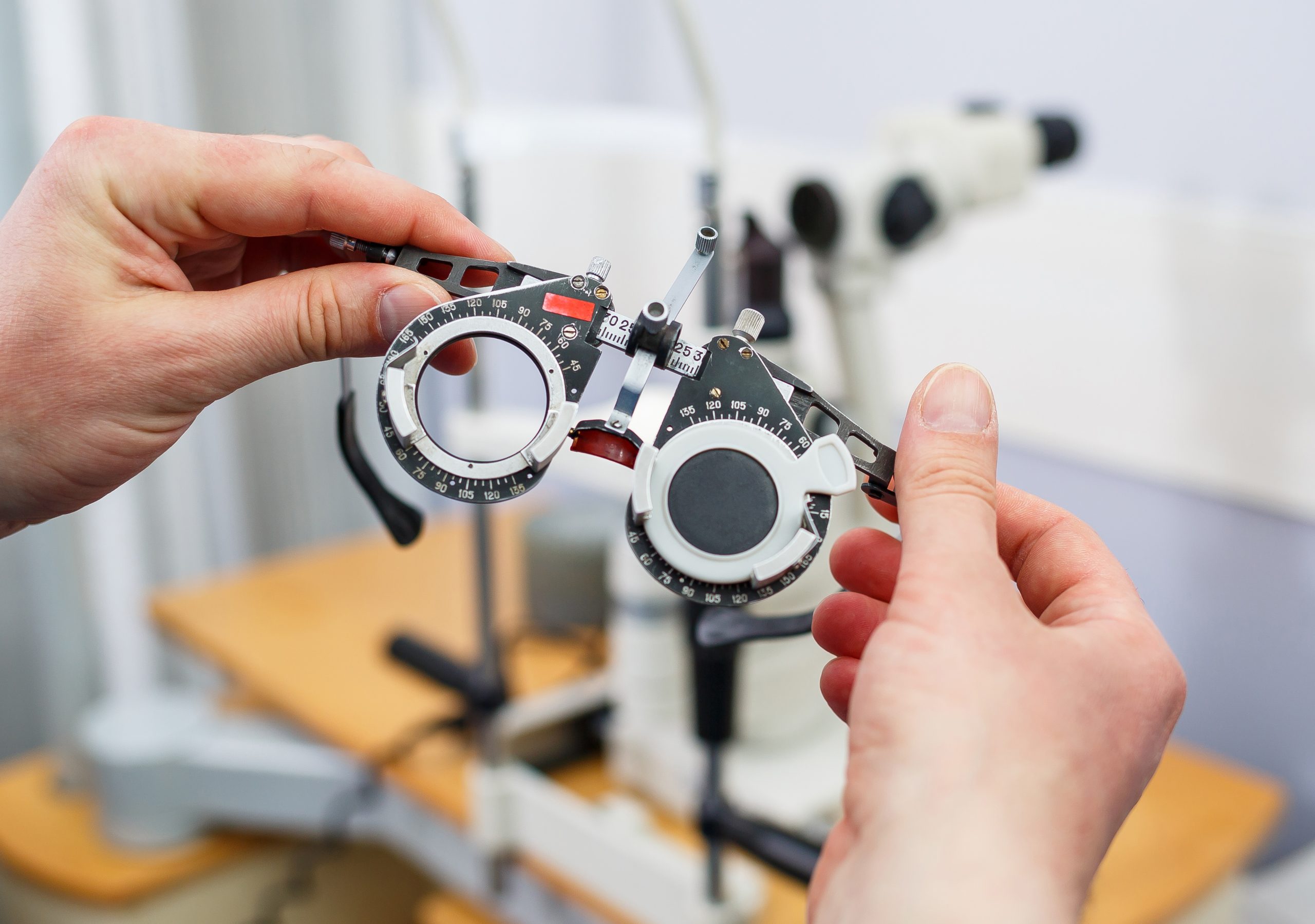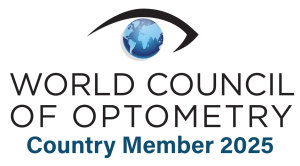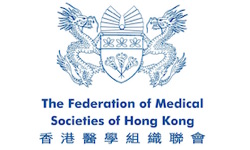What is an Optometrist?
An optometrist (Part I) in HK serves as your primary eye care provider, dedicated to preserving and enhancing your vision. From providing personalized solutions for vision correction to detecting signs of eye diseases, optometrist (Part I) is essential for maintaining clear sight and healthy eyes of the general public.

Scope of Optometrists (Part I)
Optometrists can specialize in various areas, focusing on specific vision conditions. Some common specialties include:
Orthokeratology
Managing and controlling myopia through the use of specialized contact lenses.
Pediatrics
Examining infants and pre-school children with specialized techniques and managing childhood visual conditions.
Specialty Contact Lens
Fitting specialty contact lenses tailored for conditions like keratoconus and severe dry eye.
Sports Vision
Evaluating and enhancing sports-related visual skills in athletes, such as eye-hand coordination, peripheral awareness, and visual reaction time.
Vision Rehabilitation
Providing specialized devices and training to improve vision for individuals with significant vision loss.
Vision Training
Diagnosing and managing binocular vision and visual perception disorders, such as strabismus, amblyopia, and visual information processing issues.
FAQ
Optometrists (Part I) in Hong Kong are trained professionals specializing in providing primary eye care. Whether you’re encountering visual problems or require a routine eye check-up, optometrists are your go-to option. They possess the ability to detect and diagnose early indications of eye diseases and offer guidance on managing your conditions even in the absence of symptoms. Additionally, optometrists (Part I) are proficient and authorized to use diagnostic drugs to pinpoint the source of any specific issues you may have.
Optometrists can also offer a range of non-medical and non-surgical management options for diverse eye conditions, including vision training, specialty contact lens fitting, vision rehabilitation, prism prescriptions, and other tailored solutions. Therefore, consulting an optometrist for any kind of eye-related issue is convenient, cost-effective, and ensures top-quality care.
Optometrists work in a range of settings. You can most commonly find them in optometric eye care clinics and retail optical shops, where they provide comprehensive eye exams and specialized optometric services. They also serve as allied health care providers in hospitals or multidisciplinary clinics. Additionally, some optometrists work alongside ophthalmologists to offer comprehensive eye care services.
Understanding the differences among eye care professionals can be perplexing. Generally, an ophthalmologist (or eye doctor) is a specialist responsible for diagnosing and providing medical or surgical treatment for eye diseases. Opticians are skilled in fitting and dispensing corrective lenses based on prescriptions provided by optometrists or ophthalmologists. Optometrists primarily conduct routine check-ups, prescribe glasses and contact lenses, detect and diagnose eye diseases, offering non-medical management for certain eye conditions. Optometrist also refer patients to other healthcare professionals or specialists for further treatment and investigation if needed.
The registration system for optometrists in Hong Kong classifies practitioners into four parts. See below for an overview of the training and qualifications for each category.
Training and Qualifications
The registration system for optometrists was established in 1994 under the Supplementary Medical Professions Ordinance (Cap 359). At that time, practitioners were registered in four different categories within the Register for Optometrists, based on their professional qualifications or work experience at the time of registration:
Qualified to provide a full range of services, including comprehensive eye examinations, detection of eye diseases, and the use of diagnostic drugs during eye exams, such as pupil dilation drops. They must complete a five-year optometry degree at the Hong Kong Polytechnic University or an equivalent institution abroad, where they learn skills in comprehensive eye care, eye disease management, and pharmacology. Only registrants in Part I have no restrictions on their optometric practice.
Registered to assess vision and prescribe optical aids (including contact lenses), but they are not permitted to use diagnostic drugs, except for staining agents.
Registered to assess vision and prescribe optical aids, but not contact lenses.
These are provisional registrants who can assess vision and prescribe optical aids. Some registrants in Part IV may also be allowed to prescribe contact lenses.




